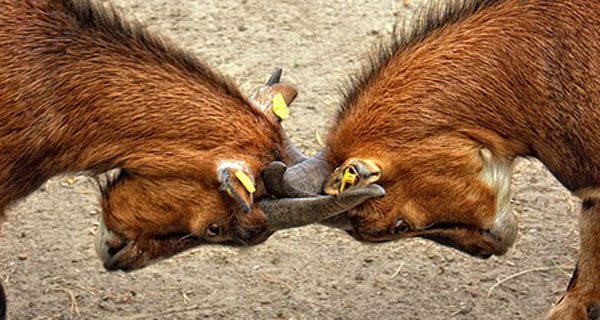 There was only one other car at the Earls Cove ferry terminal last week as I headed home to Powell River. It was a brand new Jeep with a white-and-red Alberta licence plate grinning from the rear bumper.
There was only one other car at the Earls Cove ferry terminal last week as I headed home to Powell River. It was a brand new Jeep with a white-and-red Alberta licence plate grinning from the rear bumper.
I say grinning because on my part of the Sunshine Coast, you rarely see an old beater with Alberta plates. We’re all pretty used to Albertan visitors parading by in top-of-the-line trucks and SUVs. Many are boys and girls from here who left for ‘away,’ to find work in the 1980s and ’90s.
Exactly 40 years ago that was us. Newly married, we drove our red and rusted Datsun 510 from Vancouver to Calgary. I’d just finished law school at the University of British Columbia and my wife was heading to architecture school at the University of Calgary.
I had no job and we knew no Albertans. The oilpatch was booming in 1978 and we decided that Calgary was more promising than staying in Vancouver – basically my family’s nest since 1910.
Our departure puzzled my parents. Some friends were disbelieving. “What the hell for, Mike?” was a popular refrain.
Just because. We knew all there was for 20-somethings to know about the coast. Calgary was new.
When we got there with less than a thousand bucks in our joint account, we quickly found student housing and new friends. Everyone was from somewhere else. Nobody had parents or grandparents in town. It really was the wild west in a social sense; you were building everything from the ground up. But it was fun.
I found a job in the oilpatch after failing as a writer for four months. My New Yorker rejection slips were replaced by real paycheques, and work creating environmental and social impact assessments for Petro-Canada, the state oil company.
In my first week, I was flown to St. John’s, Nfld., to assess the potential purchase of the Come By Chance oil refinery. What the hell did I know about oil refineries? Nothing. But I was a quick study, and my Petro-Canada bosses appreciated my work ethic and my knack for small-town diplomacy.
Nobody in Calgary asked me what my parents did or where I went to high school. Instead, they asked me about my work and what my long-term plans were. Calgary was the anti-Vancouver. It was totally refreshing and a clean start.
And then 30 years zoomed by. My wife became an architect, a practice partner and a mother. We had wonderful kids. We built an Alberta-based fictive family, as all of our relatives stayed in B.C. We came back to the coast for summer vacations and Christmases, but we became Calgarians.
In this capacity we were Albertan diplomats, explaining the oilpatch, and interpreting prairie sensibilities to friends and relatives who had stayed home. Somewhat unbelievably, my mother told me the story of her dentist, who thought I’d left Vancouver to pump gas in a Calgary gas station.
The overall B.C. level of Alberta comprehension was not impressive. If pushed, I’d say it was smug, complacent and ignorant to boot. Cowboy boot!
To be fair, things got more complicated as the years rolled by. Climate change, largely induced by internal combustion of hydrocarbons, became a reality. Oil prices fluctuated regularly – and now are on the skids.
A good pal of mine, a retired multinational oil company chief financial officer, hit the nail on the head: “You know, bright young people just out of school don’t want to work in our sector anymore. It’s not politically correct.”
Now, about 40 per cent of downtown Calgary leasehold space is vacant. Oilpatch kids have become economic refugees. Kinder Morgan’s newly-approved pipeline (by the National Energy Board, at least) to the coast is facing strong B.C.-based opposition.
Alberta Premier Rachel Notley has countered with an embargo on B.C. wine at the Alberta border.
Tempers flared at the town hall meeting that Prime Minister Justin Trudeau held in Nanaimo recently, resulting in police removal of pipeline protesters.
How do we fix this mess?
For starters, I got out of my car and welcomed the young man at the ferry terminal to Powell River.
“I can’t wait to start my new job here on Monday!” he beamed. He turned out to be a born Calgarian, like my son and daughter.
“I’m sure you’ll do well with a Calgary work ethic and an open prairie mind,” I said. ‘Let me buy you a coffee.”
Next week: Part 2 examines how a sense of common purpose is possible, but it will require compromise.
Troy Media columnist Mike Robinson has been CEO of three Canadian NGOs: the Arctic Institute of North America, the Glenbow Museum and the Bill Reid Gallery.
The views, opinions and positions expressed by columnists and contributors are the author’s alone. They do not inherently or expressly reflect the views, opinions and/or positions of our publication.


